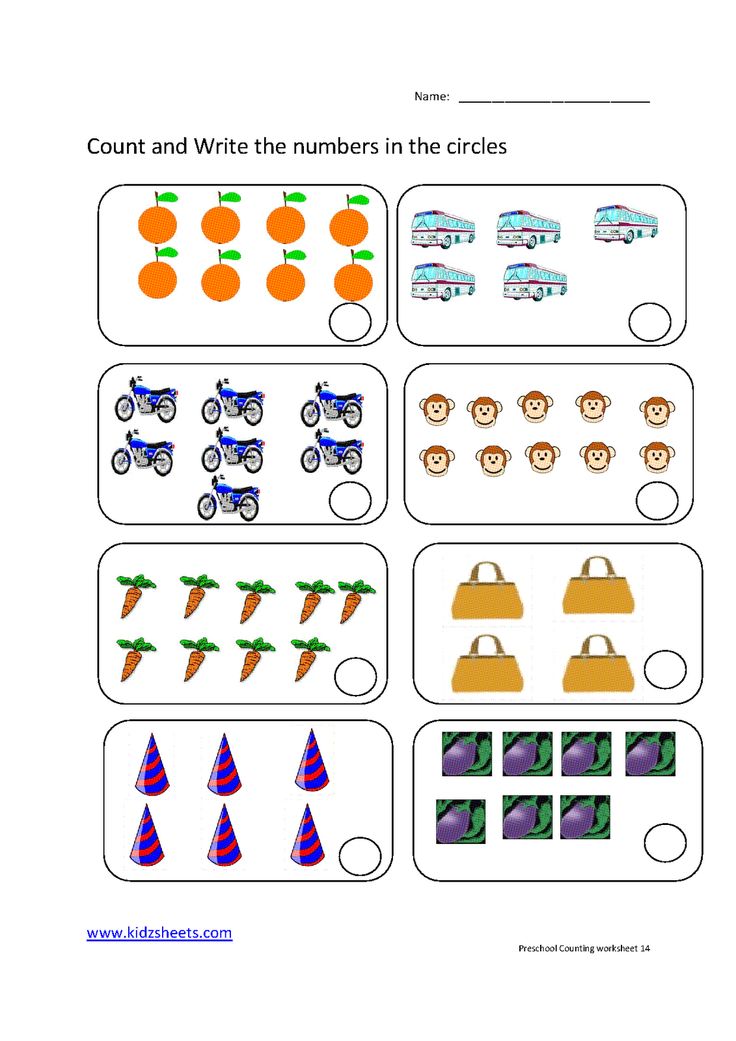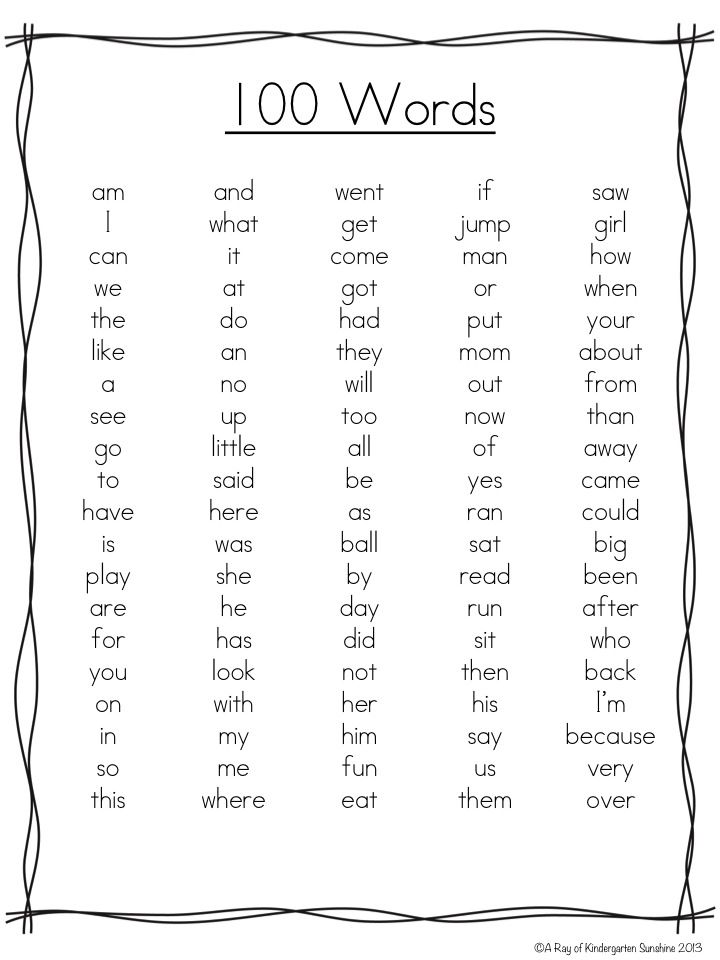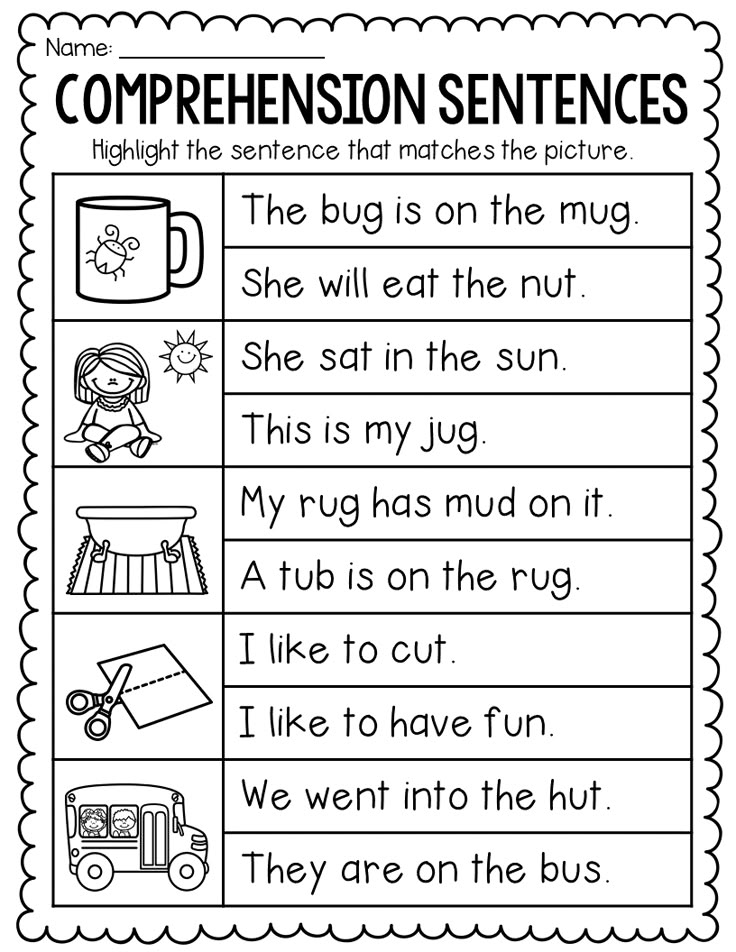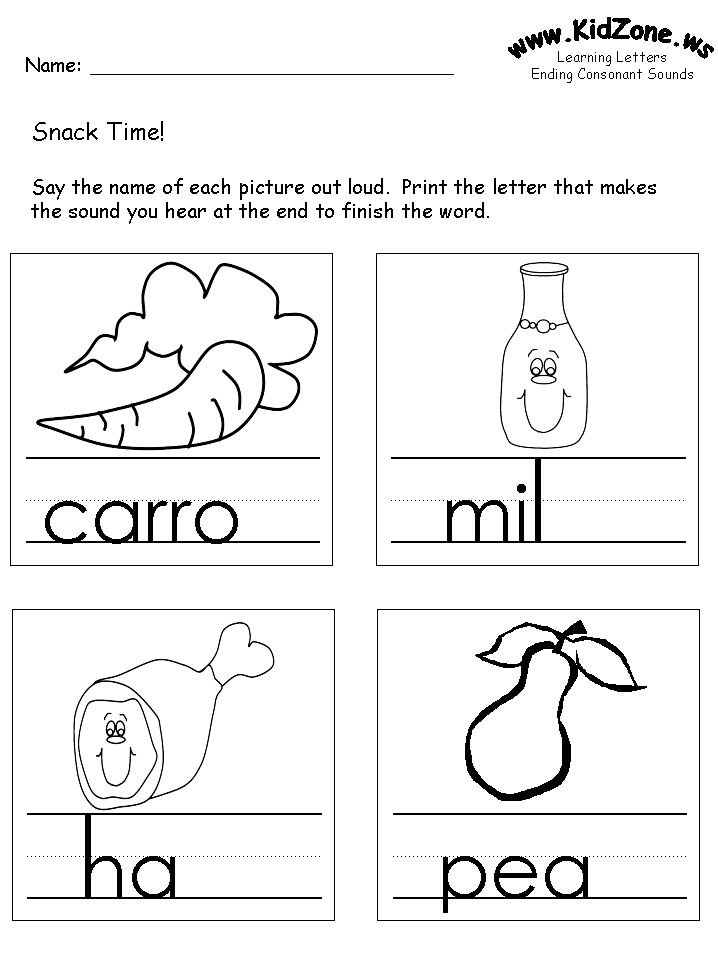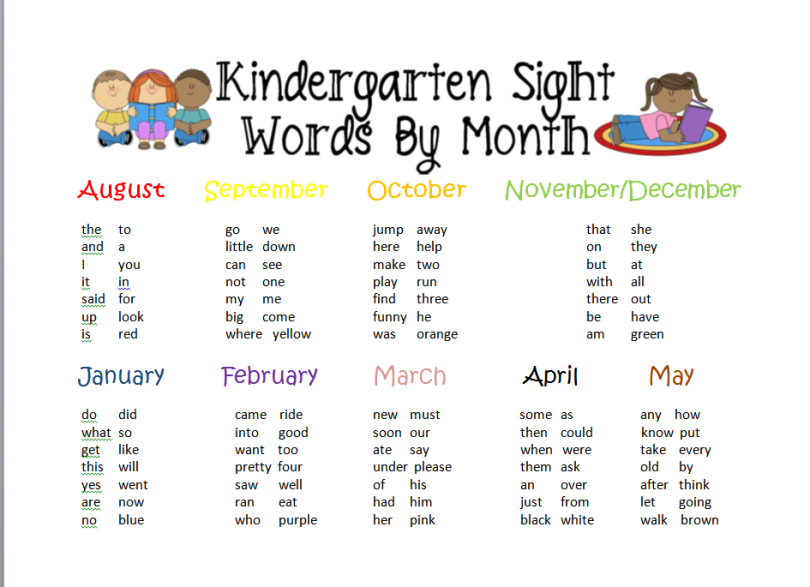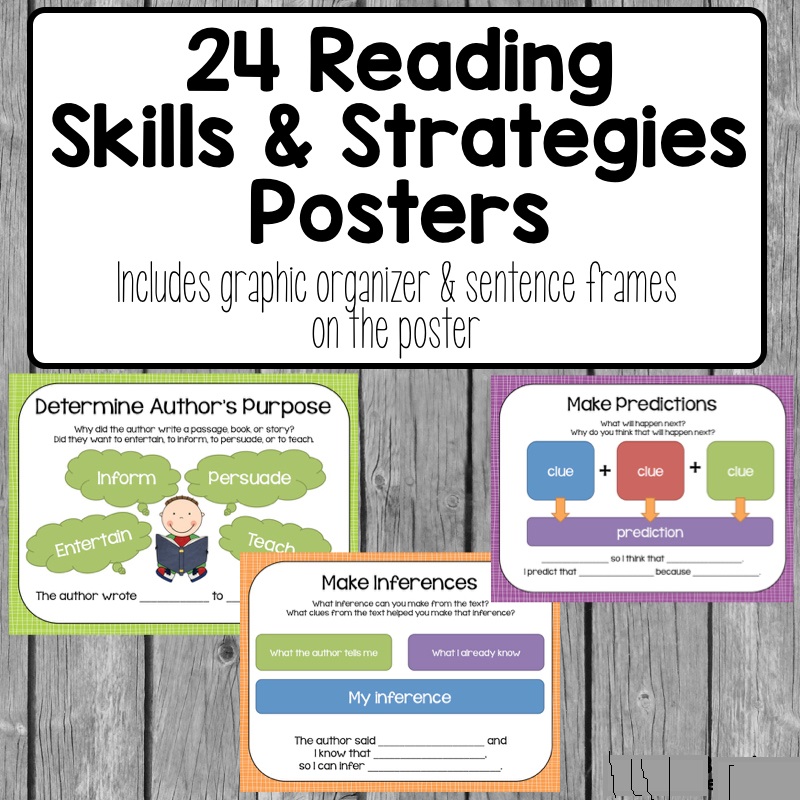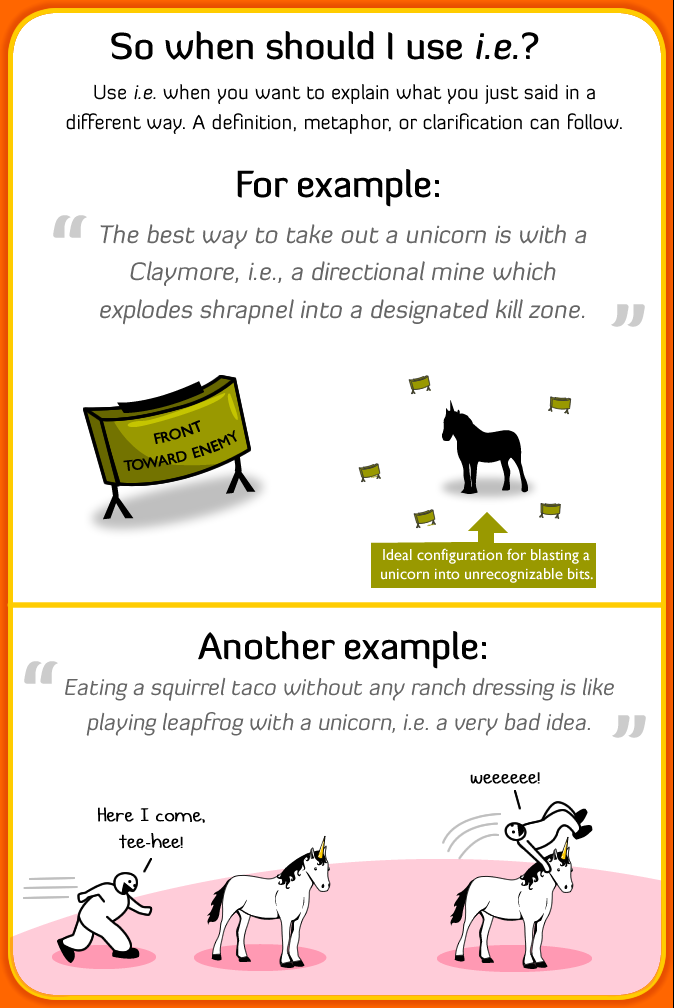Counting by six
Counting to Six Million by Richard Michelson
I.
Sleep faster, my son says. He’s poking
at my eyelids, pulling at the pillows, the helicopter
hum of anticipation rising in his throat as I reach out
and spin him onto the bed. I want to set my heels
once more in the soft underbelly of his childhood,
airlift him from danger, from disease, from all his fears,
which are maybe not even his fears at all, but only mine.
Yet now as he hovers above me, my body splayed out
like my father’s before me, my every breath is less a prayer
than a love letter torn open in desperation.
II.
Remember, I say, when we counted to six million,
a visualization of tragedy, one half hour a day
for two years, and that, for the tribe only; it would take
another whole year for the gypsies, the Catholics, the gays,
the foreigners, the Negroes, the artists, the philosophers, etc.
You were barely six at the time, your mother wondering
what the hell I was thinking, and even now I can’t fathom
why I didn’t just hold you close—
It would have taken only a moment—
And say whatever it was that I really wanted to say.
III.
I’m watching Batman reruns when the telephone rings.
Holy Charoset, I yell at the kitchen wall, call back later.
Maybe I threw some raisins, I don’t remember.
We’re already married, your mother and I,
but at the time, don’t ask, I was living alone.
And so I’m laughing, mostly from boredom, but still, laughing,
while my father lay dying, gasping for breath in some dirty gutter,
gunned down for a half-empty briefcase, a gefilte fish sandwich,
and a New York Post which the next day would have
his picture on the twenty-eighth page; one more dead Jew.
IV.
You burst into the room, fifth grade facts burning your tongue
like Moses’ coal. 100 people die every minute, you tell me
as I turn down the TV; and then, gleefully: 50 since I’ve been
in this room, and now 75 and now . . . O my little census bureau,
my prince of darkness, my prophet of numbers, riddle me this:
how many grains of sand before you can call it a desert?
And where were you the day Kennedy was shot? CNN, interrupting,
asks. My grandmother clicks her tongue like she’s chopping onions
in the old country. Poor boy, she says, pointing.
And there’s John-John again, waving that little flag, still saluting.
V.
And who will remember my father when I am gone? And
how many have died since his death? And what’s one more.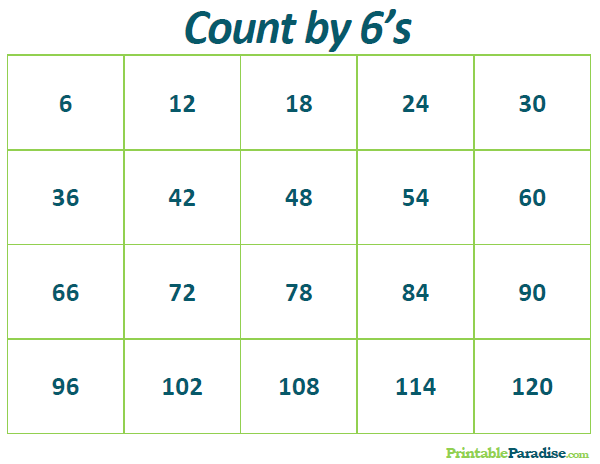
or one less. And what do I know of my father’s father?
I’m waiting outside, engine humming, as my son,
eighteen, registers. And now he’s shouting,
running towards me, arms pumping above his head.
He’s Moses the moment before spying the golden calf.
He’s his great grandfather crawling underground to freedom.
He’s my father flying medical supplies, surviving the crash.
My mother must have held him close. You’re home, she cries, safe.
VI.
Vietnam, I say, or Sarajevo. Afghanistan, my son answers, or Iraq.
My father would have said Germany. He could have said Japan.
Nobody says anonymously. Nobody says Gotham.
Korea, my cousin says, or Kosovo. My great grandfather
says South Africa. His great grandfather says Spain.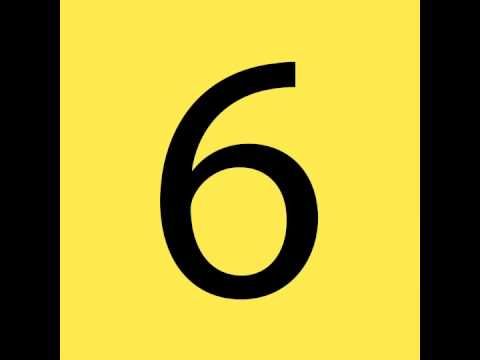
Somebody says Egypt now; somebody, Egypt then.
Nobody says suddenly. Nobody says Brooklyn. I’m counting
myself to sleep, when my wife hears a sound at the door. Careful,
she whispers. We’re alone, in an empty house; my every breath
reminding me I’m older than my father, on the day of his death.
VII.
There are more people breathing this very moment, my son insists,
than have ever died. He’s home from college, so I don’t double-check.
He’s driven a long way to surprise me on my birthday. Are you sure
you can’t stay, I ask, holding him close. He looks full of hope;
a woman I’ve never seen before at his side. Welcome home,
I tell my wife. She’s just turned twenty-four. I’m childless,
fatherless.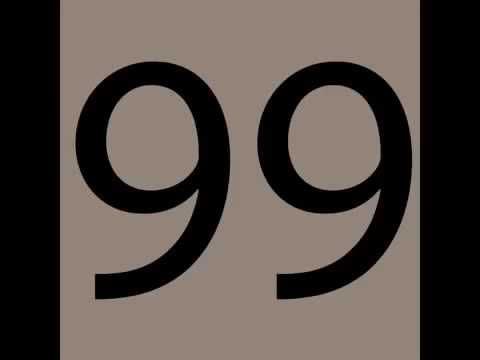 It’s the day of the funeral; Nineteen years until
It’s the day of the funeral; Nineteen years until
the twin towers. Three thousand since Moses murdered
the overseer. But that’s not what I’m thinking. One, two, three,
she says, guiding me inside. How could we not fall back in love?
Question Video: Multiplying by Six by Skip Counting by 6s on a Number Chart
Video Transcript
We can skip count by sixes on a number chart to help us multiply by six. Use skip counting to find six multiplied by two. And then use skip counting to find six multiplied by 10.
The first part of this question tells us that we’re going to be multiplying by six. And to help us do this, we’re told that we can skip count by sixes on a number chart. Now, we could skip count by sixes on a number track or a number line, or maybe even just by thinking of the numbers in our heads. But when we use a number chart like this, we can not only seal the numbers that we’re skipping, but also we can spot patterns. If we look at this number chart, we can see that all of the multiples of six have been written in blue.
But when we use a number chart like this, we can not only seal the numbers that we’re skipping, but also we can spot patterns. If we look at this number chart, we can see that all of the multiples of six have been written in blue.
Let’s practice skip counting in sixes to begin with. Six, 12, 18, 24, 30, 36, 42, 48, 54, 60. And each of these numbers is found by adding six to the last number. But instead of saying every single number in the grid, we’ve skip counted by sixes. Now that we’ve circled these multiples of six, can you see what we meant by a pattern? We can see them in diagonal lines across the grid, can’t we? We can see that they’re all even numbers, too.
Now, the first thing we’re asked to do is to use skip counting to find the answer to six multiplied by two. Then, you might look at this multiplication and say, “Well, this is talking about a number of twos, six lot of twos, not a number of sixes.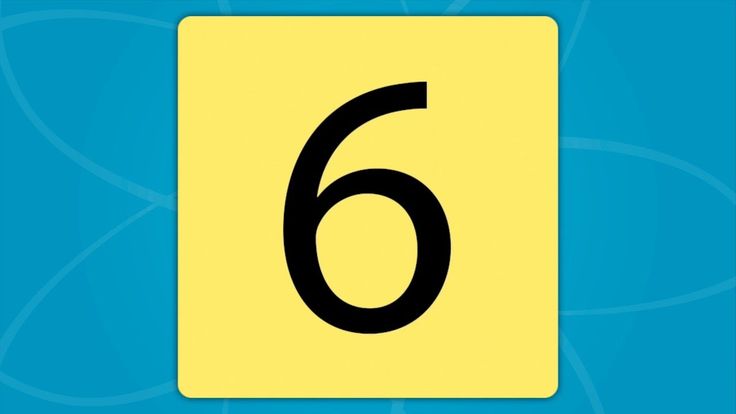 ” But one thing we know about multiplications is that we can switch the numbers in a multiplication and it’ll still give the same answer.
” But one thing we know about multiplications is that we can switch the numbers in a multiplication and it’ll still give the same answer.
So, we could think of this as six times two or two lots of six. We could think of six times two as meaning six repeated twice. So, let’s count in sixes twice to find the answer. Six, 12. We skip counted by sixes twice to find the answer. Two lots of six are 12.
Next, we’re asked to use skip counting to find six multiplied by 10. And again, we can think of this as 10 times six or skip counting by sixes 10 times. Well, we know how far we get when we skip count by sixes twice, so let’s carry on counting from there. 12 and then 18, 24, 30. That’s five sixes. Let’s carry on skip counting another five sixes. 36, 42, 48, 54, 60. This time, we’ve skip counted by sixes 10 times. And the last number we said was 60.
And the last number we said was 60.
So, we use this number chart to help us skip count by sixes and find the answer to these six times tables facts. Six times two equals 12 and six times 10 equals 60.
Quotes from "Walden, or Life in the Woods" by Henry David Thoreau📚 - the best aphorisms, sayings and catchphrases - MyBook.
Quotes from Walden, or Life in the Woods by Henry David Thoreau📚 - best aphorisms, sayings and catchphrases - MyBook.What to choose
Library
Subscription
📖Knigi
🎧Audioknigi
👌 Paid books
🔥 Books
❤️Top
🎙 Top Audiobook
🎙 Loads its bindings
📖Knigi
🎧Audioknigi
👌 Business books
🔥 Dunovsi
❤️ Top books
🎙 Top Audiobook
🎙 Make up your podcast 9000 9003 Walden, or Life in the Forest
A person's destiny is determined by what he thinks of himself.
April 13, 2014
Share
The best properties of our nature, like a delicate fluff on fruits, can only be preserved with the most careful handling. And we are by no means careful either to each other or to ourselves.
April 13, 2014
Share
A person should be dressed so simply that he can find himself in the dark; and to live so simply as to be ready, if the enemy takes his city, to leave from there, like an ancient philosopher,[26] with empty hands and a calm soul.
May 30, 2020
Share
Public opinion is far from being as tyrannical as our own.
June 29, 2019
Share
The old generation - old things, and the new - new.
September 1, 2015
Share
A person's wealth is measured by the number of things that are easy for him to give up.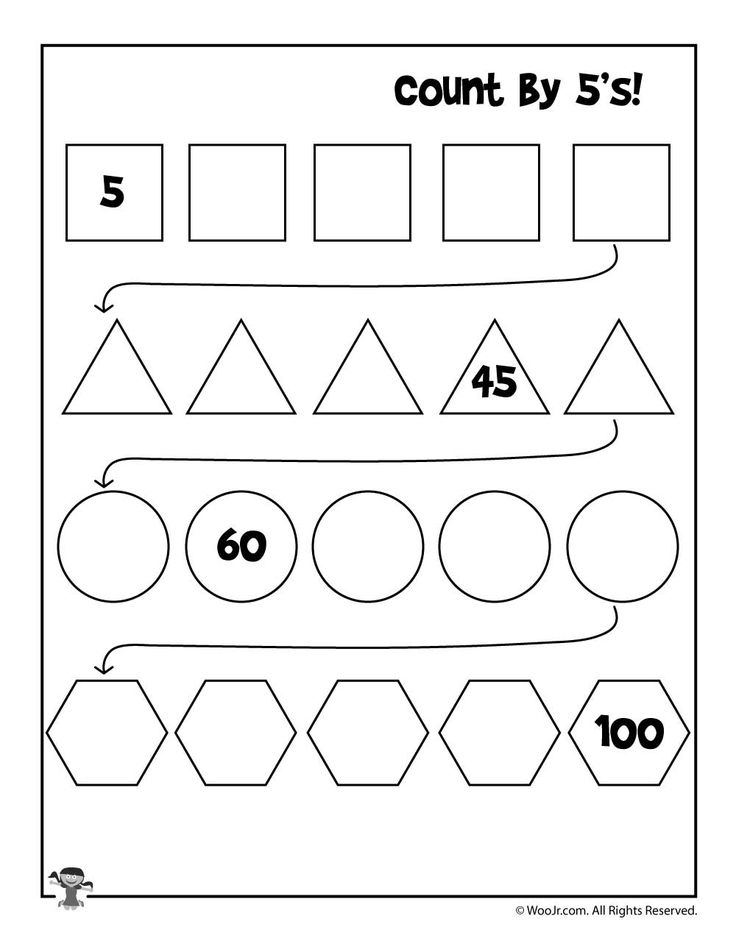
March 13, 2020
Share
Public opinion is far from being as tyrannical as our own. The destiny of a man is determined by what he thinks of himself.
March 21, 2019
Share
I wouldn't talk so much about myself if I knew someone else as well as I know myself.
January 16, 2019
Share
Is it really the main goal to speak quickly, and not to speak intelligently?
November 1, 2017
Share
Fashion is created by idle rich people, and the crowd diligently follows them.
October 24, 2017
Share
Standard
(163 ratings)
Read the book: “Walden, or Life in the Forest”
Henry Toro
On project
What is myBook
Legal information
003
to copyright holders
Documentation
Assistance
On subscription
Buy a subscription
Free books
Give a subscription
How to pay
Enter a Gift Code
Library for Settings
Other projects
to Pass book
MyBook: Stories
6 breathing practices that will help you quickly calm down
September 28, 2020Health
These simple techniques will restore peace of mind, relax and help you fall asleep faster.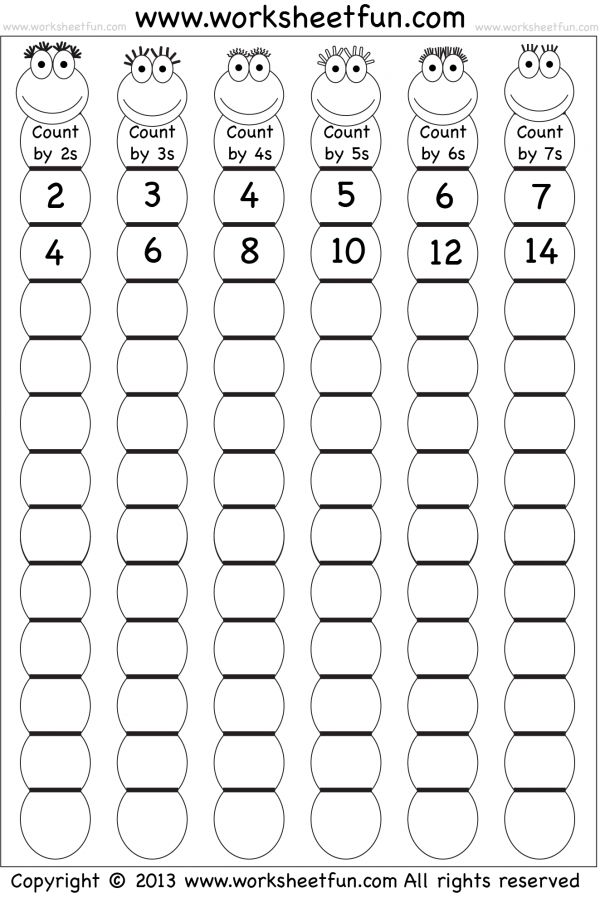
Share
01. Equal breathing (samavritti)
Sit in a comfortable posture with your back straight. Start inhaling, counting to four to yourself, then pause briefly. Then exhale, also counting to four. Breathe through your nose all the time. If you want to make the practice harder, try counting to six or eight. Make sure that all three components (inhale, pause, exhale) are of the same length.
When to do it
Anywhere, anytime. This technique calms the nervous system and reduces stress. Try practicing it before going to bed. Especially if you are one of those who find it difficult to get rid of thoughts about work and problems in the evening. Practice will replace counting sheep and set you up for sleep.
2. Belly breathing
Sit in a comfortable position or lie on the floor. Place one hand on your stomach, the other on your chest and take a deep breath through your nose. Make sure that at the same time the shoulders are relaxed, the chest does not expand, but the diaphragm works - the muscular septum that separates the chest cavity from the abdominal cavity.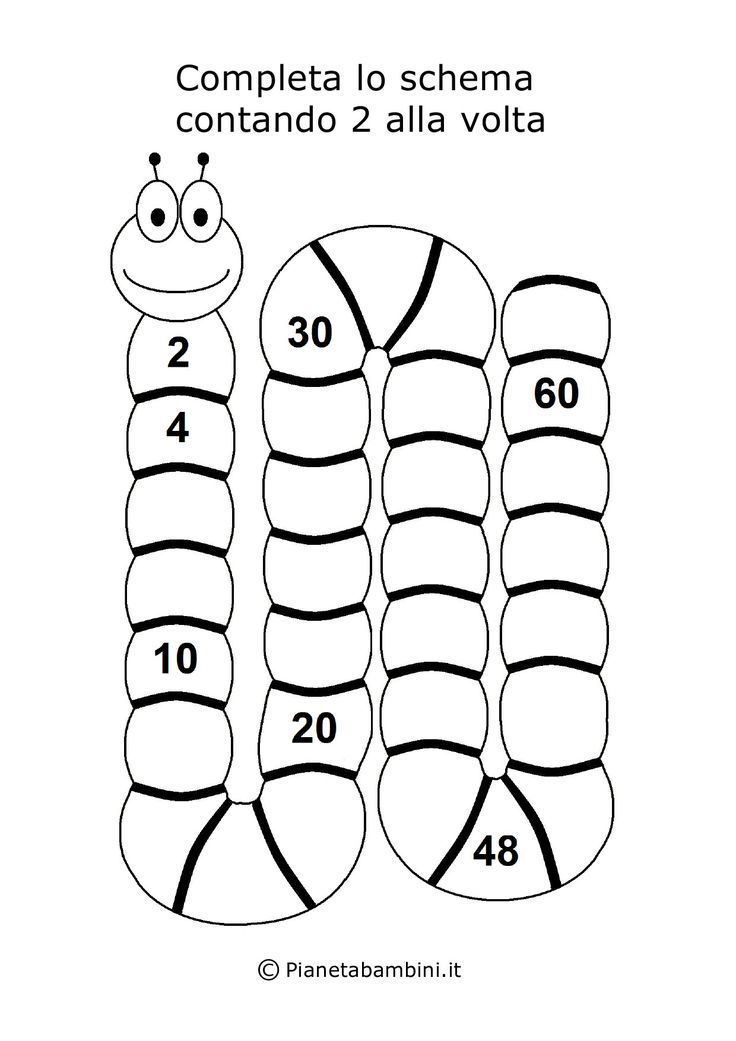 When you inhale, it contracts and falls, causing the stomach to protrude forward, and when you exhale, it rises and pushes the air out of the lungs.
When you inhale, it contracts and falls, causing the stomach to protrude forward, and when you exhale, it rises and pushes the air out of the lungs.
Inflate your belly as you inhale, and as you exhale, pull it towards your spine. Try to take 6-10 slow breaths per minute. With this breathing, the body is better saturated with oxygen.
When to do it
Before exams, interviews and in any stressful situation where you need to quickly calm down. If you want to feel the long-term effect, practice this breathing for 10 minutes every day. For example, right after waking up or in the evening before going to bed. This will positively affect both the cardiovascular and digestive systems, as well as overall mental health.
3. Alternate nostril breathing
Sit in a comfortable position with your back straight. Close the right nostril with the thumb of the right hand and inhale deeply through the left. At the peak of inhalation, close the left nostril with the ring finger and exhale through the right. Try to fill and empty your lungs to the limit.
Try to fill and empty your lungs to the limit.
Do five of these cycles, then change the nostril. That is, inhale through the right and exhale through the left. Then take five breaths in and out through both nostrils. Do not rush and do not strain, breathe relaxed.
When to do it
When you need to quickly focus, cheer up and recharge your batteries. Yogis also believe that this practice develops a state of harmony in a person.
4. Radiant skull (kapalabhati)
Inhale and then exhale sharply through the nose, engaging the lower abdomen, the muscles that form its front wall from the lower ribs to the pelvis. They should contract, and the stomach should move inward towards the spine - due to this, exhalation will occur. Try to exhale the air in one stream. In this case, the diaphragm should be relaxed both during inhalation and exhalation.
Perform 10 such breaths at a comfortable pace. If you feel dizzy in the process, then you are making too much effort.![]() Take a break and relax.
Take a break and relax.
Please note that this technique has contraindications: active phase of menstruation, pregnancy, high blood pressure, heart problems.
When to do it
Technique is great for waking up and clearing the mind. It is good to use in the morning or before training. In addition, the practice itself can become training. Since the abdominal part of the abdomen is actively involved in it, you will strengthen the press.
5. Breathing 4‑7‑8
Get into a comfortable position, sitting or lying down, if desired, close your eyes. Press the tip of the tongue against the palate, open your mouth slightly and exhale completely. Close your mouth and inhale through your nose for a count of four. Then count to seven, holding your breath the whole time. Then exhale slowly with a whoosh, counting to eight. Repeat the breath with a count of 4-7-8 several times until you feel calm.
When to do it
This technique is a good alternative to equal breathing.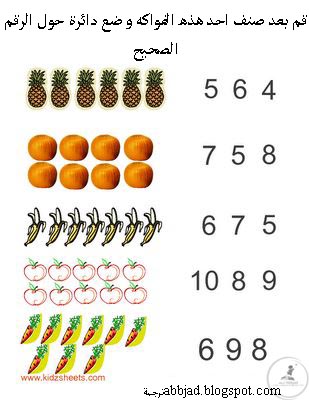 Practice it before bed to relax and fall asleep faster. According to the author of the technique, Andrew Weil (Andrew Weil), the technique will allow you to feel a connection with the body, as well as distract from everyday thoughts that prevent you from falling asleep.
Practice it before bed to relax and fall asleep faster. According to the author of the technique, Andrew Weil (Andrew Weil), the technique will allow you to feel a connection with the body, as well as distract from everyday thoughts that prevent you from falling asleep.
6. Focused breathing
Lie in a comfortable position in a quiet, comfortable place. Take a deep slow breath through your nose, concentrating on the sensations in the process. Feel your stomach and chest rise. Imagine that the air you breathe is filled with peace and tranquility. Feel that they come to you with it.
Exhale slowly. Imagine that stress and tension leave you with the air. On your next exhalation, add a word to focus on, such as "peace." Continue breathing in this rhythm for 10-20 minutes.
When to do it
In stressful situations, as well as in the evening, to relieve tension and tune in to rest.
Progressive Relaxation Breathing Bonus
Sit in a comfortable chair or lie down, close your eyes, and breathe slowly and deeply.